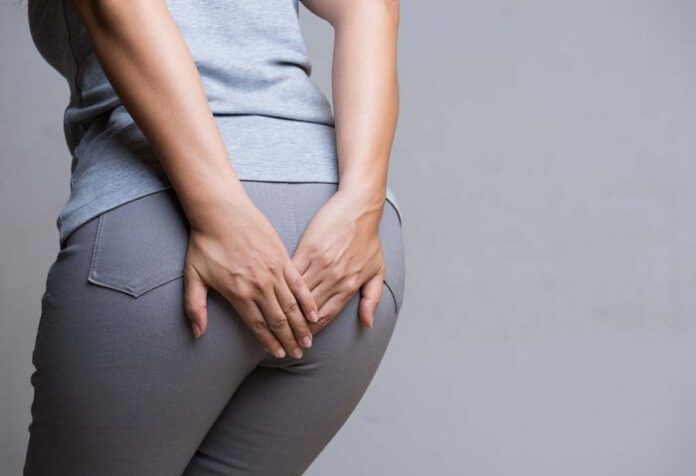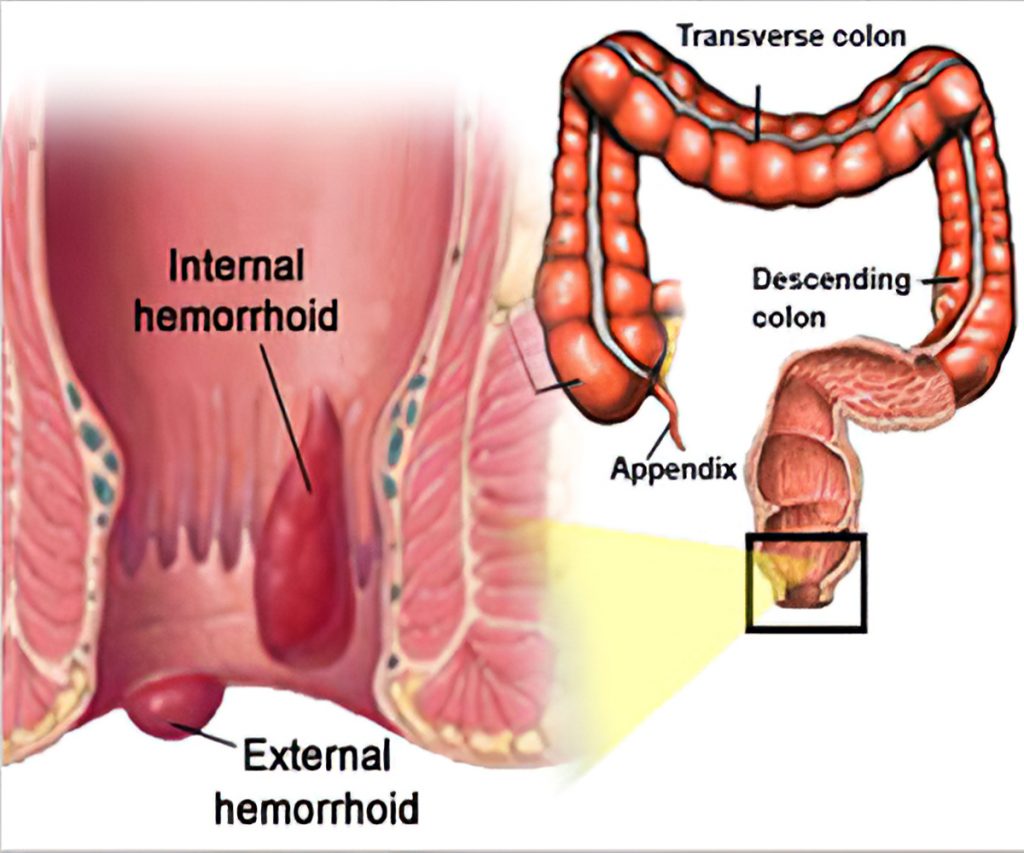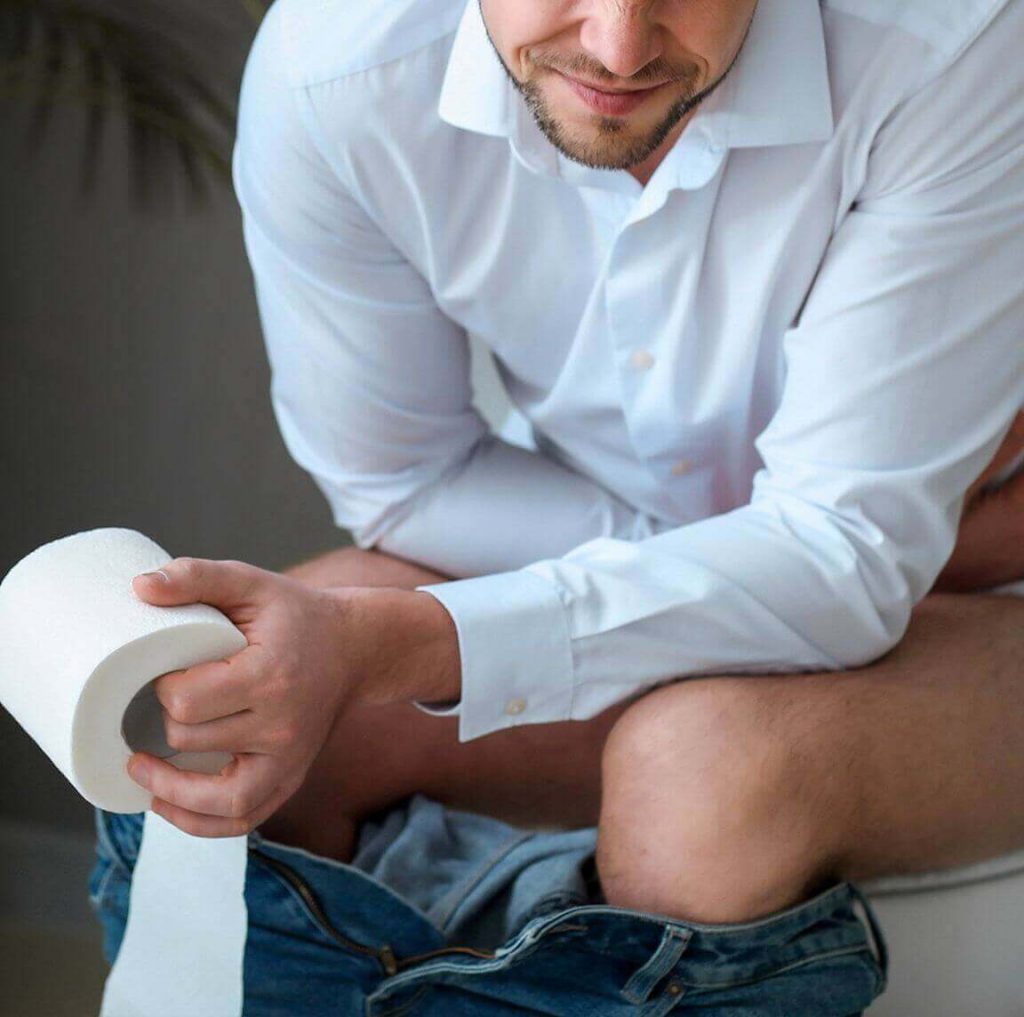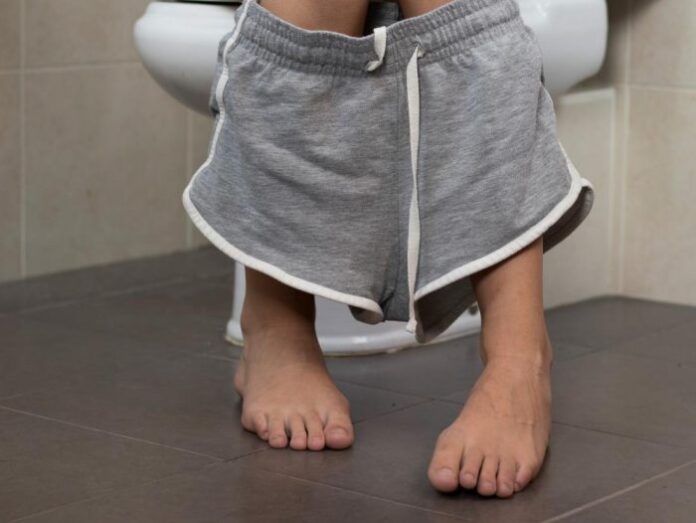Also known as hemorrhoids, piles are lumps that appear on the inside of and around your anus. The symptoms may range from bright red blood that appears after defecating, itchy anus, pain around the anus, and feeling like you still want to poo after visiting the toilet due to the lumps that form around the anus.
You should seek piles treatment if these symptoms don’t go away. This is essential because these symptoms should get better even without medication.
With that being said, you should note that piles can go away without treatment. If the systems persist, though, it would be wise to see your doctor because you could probably be dealing with a serious condition.

What is the Best Treatment for Piles?
There are effective treatments that can help you manage or prevent piles. In most cases, you may get relief with just lifestyle changes and home treatments.
Here are a few piles treatment recommendations that you may find helpful if you suspect that you have this condition.
- When you visit the toilet, use damp toilet paper to wipe your bottom. The focus here is to avoid rubbing your bottom too hard. You should use damp toilet paper to avoid irritating the affected skin around your bottom, which may aggravate your condition. The damp toilet paper you will be using, in this case, must also not contain perfume or alcohol.
- Take a warm bath. A warm bath would be recommendable to ease your pain and discomfort that would come with this condition. It would also help if you soak in a warm-water filled bathtub for about 15 minutes and repeat it two or three times each day. You may also repeat it after each of your bowel movements. If you ever wish to wash your bottom, do so with unscented soap and ensure that you don’t scrub the anus.
- If it hurts, take paracetamol. Paracetamol is recommendable for easing the discomfort that may come with piles. On the same note, do not take painkillers formulated with opioids, for example, codeine. Such painkillers may only make you constipated and worsen your condition. You can also benefit from soothing suppositories, creams, and ointments. If your piles are bleeding, we recommend that you avoid ibuprofen as it is a blood thinner and would worsen your bleeding.
- Push a pile back inside gently. If you have a prolapsed hemorrhoid that bulges outward from your anus, you may also push it back gently through your anus. This will change the piles’ location and relieve you of some of the symptoms.
- If you consume alcohol, be sure to cut down on your alcohol consumption. You may also need to cut down on caffeine if you’re an avid cola, tea, or coffee drinker. We recommend these measures as they can help you avoid constipation to keep your condition in check.
- Eat plenty of fiber-rich foods and drink lots of fluids. Fiber-rich foods are recommendable because of their efficiency in managing constipation. Therefore, it is recommendable that you significantly limit foods with low fiber content and drink lots of fluids. The fluids you drink in this case will help make your fecal excretions soft.

You should book an appointment with your doctor if your piles keep coming back and if you do not notice any improvement when treating the condition at home. You may need urgent medical care if you notice pus leakage from your piles, or the piles also come with very high temperatures or makes you feel sick so make sure to click here for more details.
The doctor may prescribe stronger medications to manage your conditions. They may also recommend a visit to a specialist’s clinic if they suspect that there are complications. The specialist doctor who may help you treat piles if complications arise is a proctologist or gastroenterologist.
Here is a roundup of the hospital treatments that may be recommended for your piles if it doesn’t improve or keeps coming back.
Piles Surgical Treatments
Piles can be cured by surgery. If your doctor recommends surgical treatment for piles, you should expect a general, local or regional anesthetic treatment to prepare your procedure depending on the recommended treatment and your preferences. This implies that you may be put to sleep or just relax during the operation.
You may also need a hospital stay for more than 24 hours. Here are the surgical treatments you can expect.
- The Hemorrhoidal Artery Litigation. This surgical treatment will be administered to shrink your piles. For this procedure, the surgeon will use stitches to cut off the blood supply to your piles.
- Hemorrhoidectomy. This piles treatment may be recommended if you’re dealing with prolapsed internal piles or large external piles. For this operation, your surgeon will need to cut off the large piles.
- Stapled Hemorrhoidopexy. Also known as stapling, this procedure may be recommended for prolapsed piles. Your surgeon will staple fix the prolapsed piles back into your rectum and then cut off blood supply to make the tissues shrink and then be reabsorbed into your system.

Non-surgical Piles Treatment
There are four non-surgical treatments for piles that your doctor may recommend. Non-surgical piles treatments can be completed on just one day, implying that you should expect to be discharged on the same day.
Unlike the surgical piles treatments where you will require anesthetic treatment to make you relax or put you to sleep, for the non-surgical alternatives, you will only need numbing, and you’ll stay awake during the treatment. Here are some of the treatments that may be recommended for you.
- Electrotherapy. This will involve the use of gentle electric currents. The electric currents used here will help shrink your piles.
- Rubber band litigation. The provider will place a rubber band around your piles. This treatment is designed to make the piles drop off.
- Infrared Coagulation. This non-surgical piles treatment in Singapore involves the use of infrared light. It may be recommended to help cut off the regular blood supply in the piles so they can shrink.
- Sclerotherapy. This treatment involves an injection of a specially formulated liquid into your piles. It may also be recommended to make them shrink.
Get in Touch
Do you experience piles-like symptoms that do not improve or keeps coming back? Schedule a quick appointment with us to have your condition evaluated and treated before it gets out of hands.









